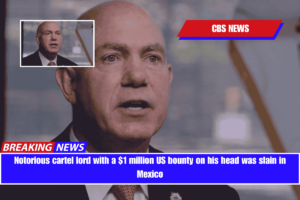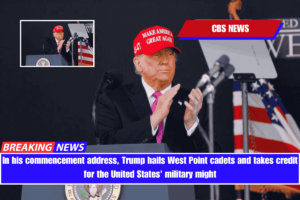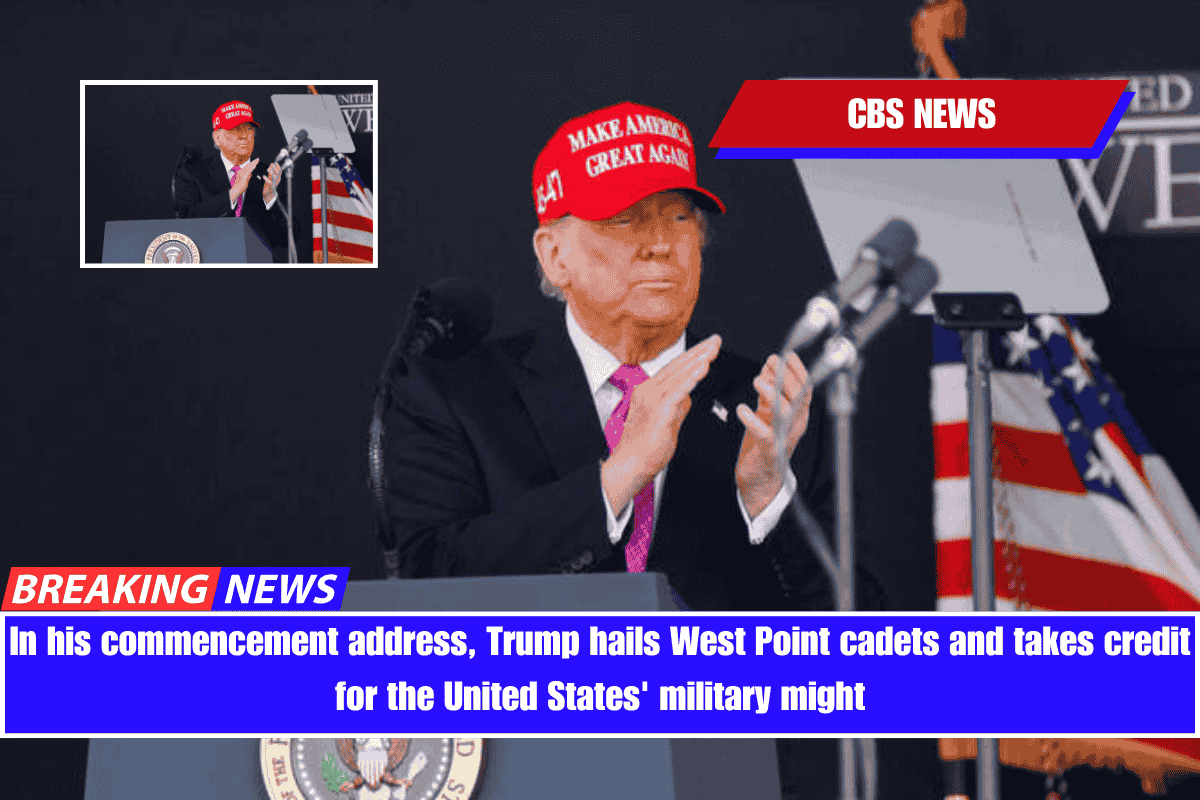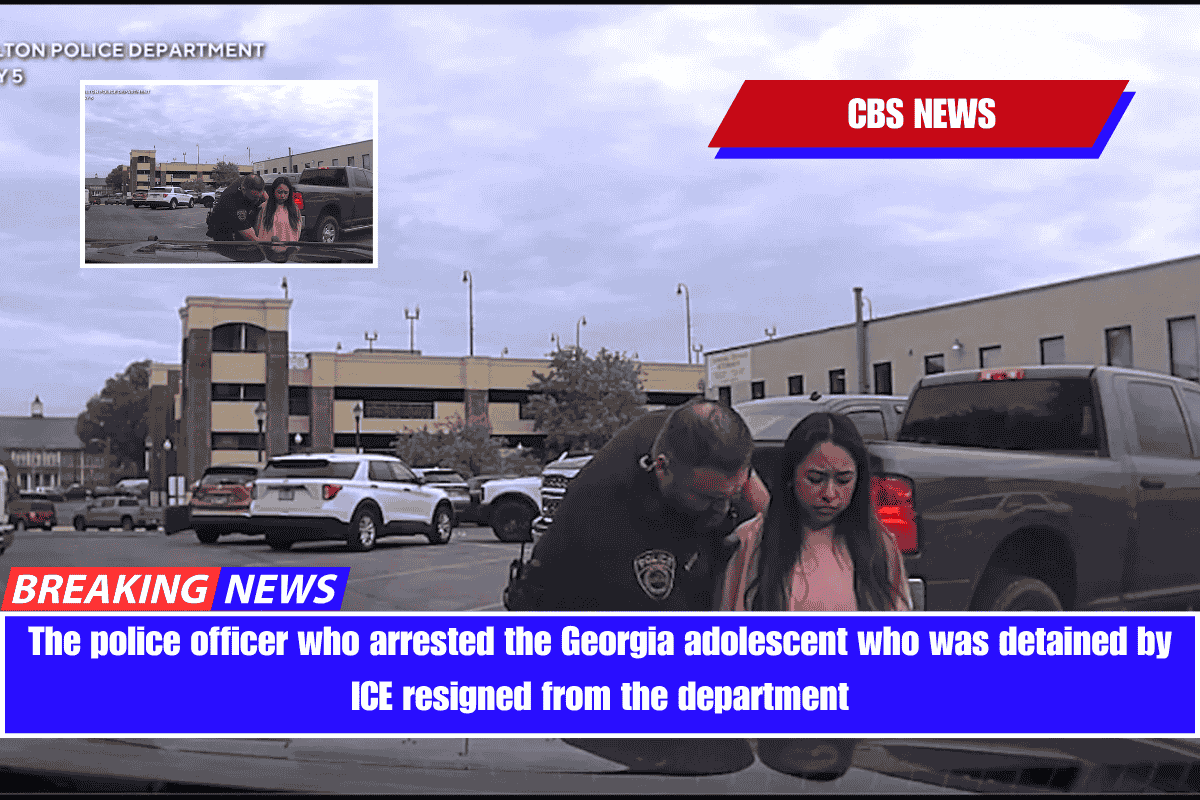In a bold new move to dismantle environmental regulations, the Environmental Protection Agency (EPA) under the Trump administration has announced that companies can now request exemptions from Clean Air Act rules—by simply sending an email.
Yes, you read that right. If a company wants to skip certain pollution control rules, it can email the EPA, explain why, and if it’s considered in the “national security interest,” the President himself may approve the request.
The EPA says this is allowed under a little-known part of the Clean Air Act (Section 112(i)(4)), which states that the President can exempt stationary sources of pollution if the required technology isn’t available and if it’s in the interest of national security.
But this policy has sparked massive backlash from environmental experts, lawmakers, and advocacy groups.
What Is the New EPA Exemption Policy?
The new policy was announced on March 12, 2025, by EPA Administrator Lee Zeldin. According to the updated rules:
- Companies can email the EPA to request exemption from certain air pollution regulations.
- The request must include a justification of how the exemption supports U.S. national security.
- The President will decide whether or not to grant the exemption.
This move is part of a larger push to roll back environmental regulations, which Zeldin called the “greatest day of deregulation.” He said the agency is reviewing 31 environmental rules, which he claims cost industries “trillions of dollars” in compliance costs.
Why Environmental Experts Are Worried
Experts argue this new email-based process undermines decades of environmental protection. The rules that companies want to bypass are designed to limit exposure to highly toxic substances, including arsenic, mercury, and other dangerous pollutants.
“It’s shocking,” said Michael Gerrard, an expert in environmental law. “These rules are meant to protect people from deadly chemicals in very small amounts.”
Mary Nichols from UCLA’s Emmett Institute said, “This is likely to be challenged in court. The whole process is very broad and open to misuse.”
Environmental groups say this is essentially a “hall pass” for polluters—allowing companies to avoid regulations immediately, instead of waiting years for new, relaxed rules to be approved.
Political Reactions: Sharp Divide
The move has drawn sharp responses from both sides of the political aisle:
In support:
- Sen. Shelley Moore Capito (R-WV) called the decision a necessary step to “secure American energy dominance” and undo Biden-era regulations.
In opposition:
- Sen. Jeff Merkley (D-OR) said, “This is an abuse of power. The EPA is now encouraging pollution in the name of national security.”
- Rep. Zoe Lofgren (D-CA) called the policy “clearly illegal”, stating that an email should not be enough to exempt a company from such serious rules.
Sen. Sheldon Whitehouse (D-RI) added, “Trump’s EPA is giving polluters a free pass to poison our air.”
What Happens Next?
The EPA has not clarified how each email request will be processed, or if the President personally reads each one. Questions about how many requests have already been received have also gone unanswered.
But one thing is clear: legal challenges are coming.
Environmental organizations like the Environmental Defense Fund (EDF) are already preparing to take action. EDF Director Joe Bonfiglio said they will work to make all exemption requests public, so that communities know if nearby industries plan to release more harmful emissions.
Companies have until March 31, 2025, to submit their exemption requests via email.
The Trump administration’s latest move allows companies to skip vital air pollution controls by simply emailing the EPA and claiming national security concerns. While the government says it’s legal under an old Clean Air Act provision, experts and lawmakers warn this policy could lead to serious environmental harm.
With the clock ticking until March 31, it’s likely this policy will face strong legal resistance, as environmental groups and lawmakers push back to protect clean air and public health.


















Leave a Reply